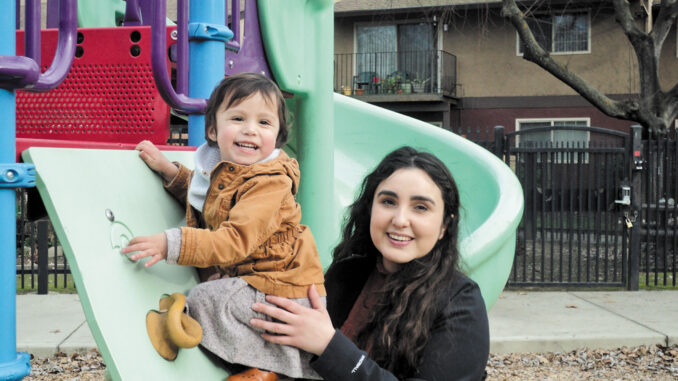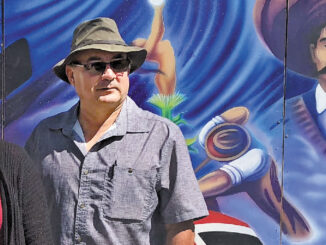
By Allen Pierleoni
Why is it essential that every one of the 330 million-plus people living in the United States steps up and be counted in the 2020 Census? Because the results will determine the allocation of billions of dollars in federal aid to states and their communities. “Under-counts” can mean drastric losses of revenue.
Federal funding based on Census data nourishes a broad spectrum of programs, including support for affordable housing largely sponsored by the Department of Housing and Urban Development.
The federal government defines “affordable housing” as housing that costs 30 percent or less than household income. If a family pays more, it is classified as “cost-burdened,” leading to the possibility of that family having to forego other necessities (medical care, food, clothing) in order to pay the rent or mortgage. HUD estimates that more than 12 million households spend more than half their annual incomes on housing.
Affordable housing in California, with nearly 40 million citizens, continues to be a front-and-center issue as the gap between housing supply and housing demand widens.
That gap can push people into homelessness. The 2019 Point-in-Time Homeless Count documented 1,558 people living on the streets in San Joaquin County, nearly triple the number counted in 2017. In 2019, there were also 1,061 homeless living in emergency shelters.
“(Affordable housing) is one of the most pressing issues in the Central Valley,” says Janine Nkosi, a sociology professor at Fresno State and regional advisor to Faith in the Valley.
Faith in the Valley is a grass-roots organization that focuses on social concerns in Fresno, Kern, Merced, Stanislaus and San Joaquin counties. Its membership includes 120 congregations representing 100,000 people.
“We don’t have enough affordable-housing units to supply all the people who need them,” Nkosi says. “The Census (findings) are going to create a real opportunity for us to have an impact on the crisis, whether it be through new development or preserving some of the current affordable-housing stock.”
Part of Faith in the Valley’s organizing work involves door-to-door canvassing “to ensure that every single person in the Central Valley is counted, because there is so much at stake,” she says.
To that end, Faith in the Valley has partnered with Communities for a New California in CNC’s “Cuenta Conmigo” (“Count On Me”) program, to help disenfranchised residents with the Census process.
“It’s vital that everybody be counted,” Nkosi emphasizes. “As rents rise and wages aren’t keeping pace, affordable housing becomes more out of reach. For the cost-burdened, one unexpected event can push them into eviction, which leads to homelessness. We need a stopgap to keep folks from getting there in the first place.”
Get counted! Complete the Census at www.my2020census.gov.




